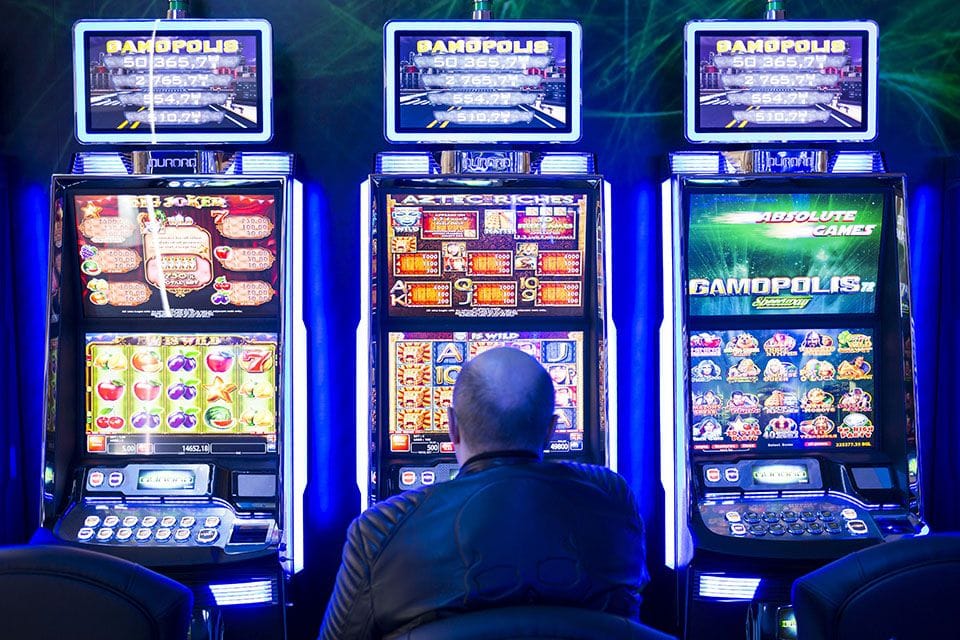When people gamble, they typically do so in certain social settings and for particular motives or underlying reasons. Current research indicates that the presence of certain conscious or unconscious motives can increase the odds that a person who participates in gambling will develop the behavioral addiction called gambling disorder. In a study published in 2014 in the journal International Gambling Studies, researchers from two Canadian universities explored how the underlying reasons for gambling affect the social settings in which young adults gamble. These researchers concluded that motive has a significant impact on the settings in which gambling occurs.
Gambling Addiction
Addiction and mental health specialists have known for some time that a small but substantial percentage of people who gamble will develop dysfunctional changes in their normal day-to-day behavior. From 1980 to 2013, the American Psychiatric Association (APA) grouped the symptoms of gambling-related dysfunction under a heading called pathological gambling. The definition for this condition characterized dysfunctional gambling as a product of a failure to exert control over impulsive behavior. However, data from a growing scientific consensus indicated that dysfunctional gambling is not related to poor impulse control; instead, it stems from behavioral addiction, a form of addiction that doesn’t involve substance use but still produces physical and mental changes classically linked to substance-based addiction. The APA formally confirmed the addiction-related nature of dysfunctional gambling in 2013, when it got rid of the pathological gambling diagnosis and replaced it with the new gambling disorder diagnosis.
Gambling Motivation
Broadly speaking, people have three reasons for getting involved in gambling: social motivations, coping motivations and enhancement motivations. Social motivation describes a desire to do things that make you fit in better with your peers or associates. Coping motivation describes the use of an activity or behavior to compensate for (i.e., cope with) an unpleasant emotional state or external situation. Enhancement motivation describes a desire to use an activity or behavior to create a feeling of pleasure or enjoyment, or to enhance an existing feeling of pleasure or enjoyment. For any given individual, researchers can measure the relative influence of these three motivations on gambling-related behavior with a test called the Gambling Motives Questionnaire. In a study published in December 2013 in the journal Psychology of Addictive Behaviors, a research team from Canada’s Dalhousie University sought to determine if dysfunctional gamblers have different motivations than non-dysfunctional gamblers. These researchers concluded that, whatever their underlying motivations, dysfunctional gamblers have an unusual tendency to become fixated on those motivations and resist reorienting their behavior to their immediate reality.
Motivation and Social Setting
In the study published in International Gambling Studies, researchers from Dalhousie and the University of Toronto used an examination of 95 young adults between the ages of 19 and 24 to assess the connection between gambling motivation and the social settings in which gambling takes place. All of these adults gambled four times or more in the 30-day period before the study began. Each of them completed the Gambling Motives Questionnaire; in addition, the researchers used a couple of testing procedures to determine the social settings in which each study participant typically gambled. The potential settings were gambling alone, gambling with a group of friends, gambling with other family members and gambling with people generally classifiable as strangers. The researchers concluded that people who use gambling as a coping mechanism tend to gamble in solitary settings. Conversely, they concluded that people who use gambling to fit in with social groups typically gamble with their friends. The researchers also concluded that people who use gambling for enhancement purposes gamble in a broader range of settings than their counterparts with coping or social motivations.
Problem Gambling Risks
People who use gambling as a coping mechanism are frequently attempting to avoid the psychological/emotional impact of depression, anxiety or other dysfunctional or debilitating states of mind. The authors of the study believe their work indicates that the combined impact of solitary gambling and use of gambling as a coping mechanism may lead to increasing involvement in gambling and a subsequent increase in the odds of developing diagnosable gambling problems.



